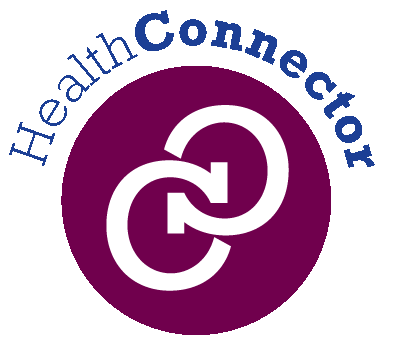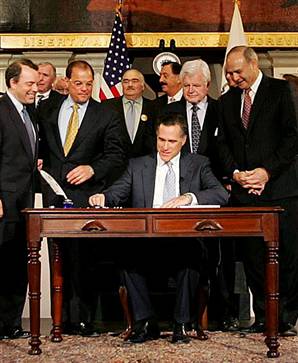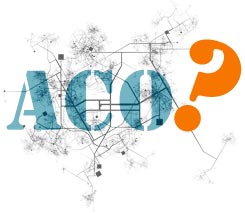Public statement on new federal rule eliminating “skimming” of dues from caregivers’ Medicaid payments
Pioneer Institute applauds a new rule announced by the U.S. Centers for Medicare & Medicaid Services (CMS) that prohibits state governments from automatically deducting union dues from Medicaid payments intended for those caring for loved ones or relatives.
Prior to this action, 13 states (including Massachusetts) classified individuals who take care of relatives and/or loved ones as public employees. A 2014 rule gave unions the ability to collect dues from Medicaid payments made to these caregivers, supposedly to provide benefits including health insurance and skills training.
In an August 2018 comment jointly submitted with other think tanks, Pioneer wrote that allowing diversion of Medicaid funds to third parties, like unions, presents risk of abuse and may result in Medicaid funds being used “for purposes not sanctioned by the Social Security Act.”
Since 2006, collective bargaining agreements in Massachusetts have authorized and subsequently required payment of dues or agency fees for all personal care attendants (PCAs) employed by Medicaid beneficiaries. Eliminating this rule allows individuals to opt into union membership and dues-paying, and disallows automatic deduction of dues on behalf of those caring for relatives or loved ones.
Many organizations involved with this issue, including Pioneer, identified that the 2014 rule allowing “dues skimming” violated the Social Security Act, which says Medicaid payments must be paid directly to caregivers. In addition, given recent U.S. Supreme Court decisions in Harris v. Quinn and Janus v. AFSCME, the 2014 rule creates a First Amendment dilemma, since mandatory payments force people to support political causes favored by unions. Individuals who don’t want to support these causes shouldn’t be forced to join the union, pay dues, or, in this case, have dues “skimmed” from Medicaid payments.
Pioneer believes the new CMS rule is a step toward giving employees the freedom to choose whether to join unions and receive the associated benefits, and ensuring that Medicaid funds of this kind are used to support caregivers and their capacity to aid elderly and disabled members of society.
Get Updates On Our Healthcare Research and Events!
Recent Research:












